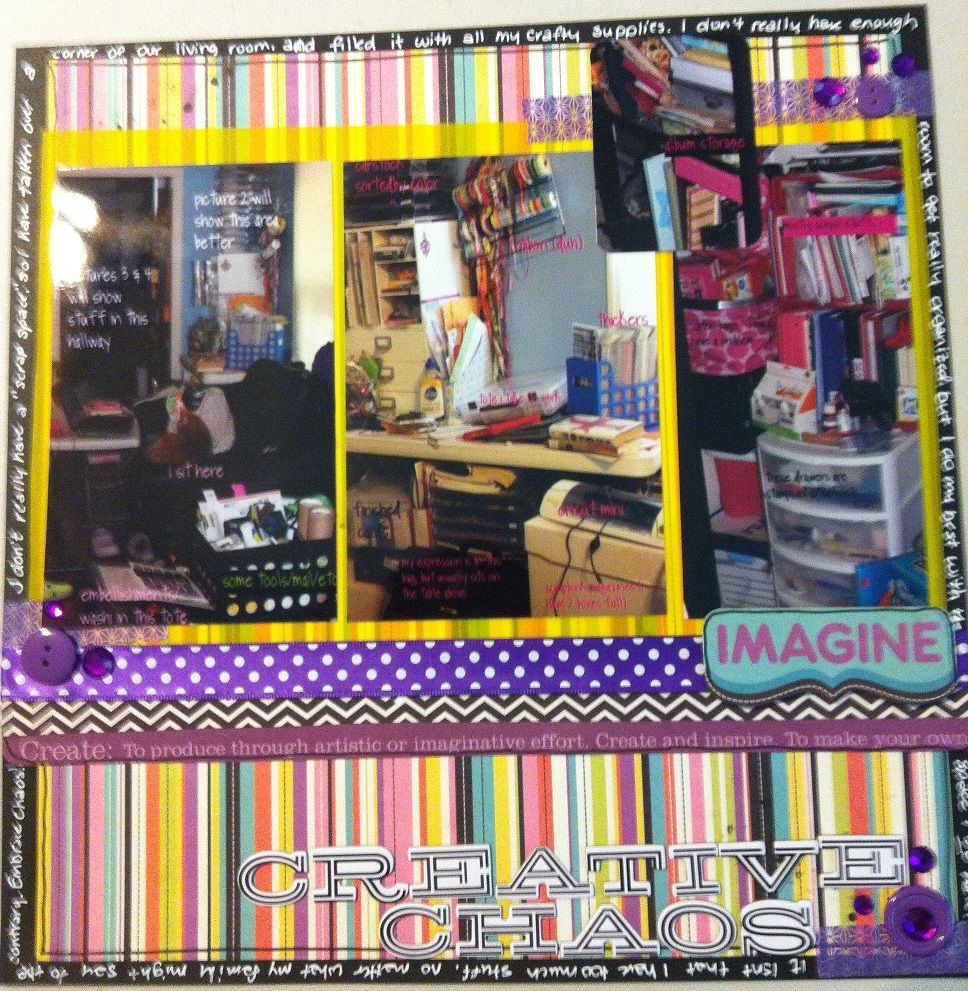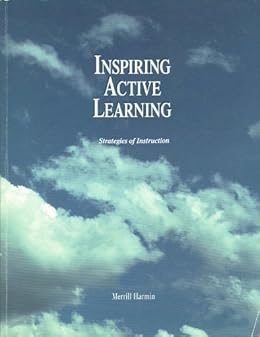Posts Tagged ‘gratitude’
 “60 Gratitudes?” (Letter to a friend) – Doc Meek
“60 Gratitudes?” (Letter to a friend) – Doc Meek
Image from: 123rf.com
Dear [Friend],
 “Can emotional intelligence be taught?” – Jennifer Kahn
“Can emotional intelligence be taught?” – Jennifer Kahn
Call (587) 400-4707 right now to set up your FREE initial consultation with Dr. Meek, or click the banner below.

Image from: photobucket.com
………………………………………….
Today I am full of gratitude for people like Jennifer Kahn, who asks, “”If everybody knows that test scores and grades aren’t the keys to success, how do we teach, and measure, the things that are?” – Doc Meek, Wed, Sept 11, 2013, Calgary, Alberta, CANADA
In an article in The New York Times, Education Issue, Sept 11, 2013, Jennifer Kahn outlines programs some schools and some teachers are successfully using to mitigate the damage caused by emotional trauma. It’s not just the emotional damage, it’s the educational damage! Thank you, Jennifer Kahn!
HERE IS THE LINK to Jennifer’s article:
THE EDUCATION ISSUE of The New York Times, September 11, 2013
Can Emotional Intelligence Be Taught?
 “I can read!” – Doc Meek
“I can read!” – Doc Meek
 Image from: Photobucket.com Image from: Photobucket.com |
Today I am full of gratitude that I live in a literacy culture. I am so glad that my mother learned to read as a child. She is 95 years old now and can’t do many things, but she still enjoys reading! Even when she’s confined to her bed. – Doc Meek
In all my years as a learning disability specialist and educational therapist I can easily say that about 95% of the students I’ve seen in my 35+ years of teaching kids with reading problems have had reading fluency problems. Reading fluently describes how a skilled reader reads aloud.
Let me give you an example…I met Jason in March; he was in 4th grade. He had brown straight hair and a great smile, although he didn’t smile very often then. He was floundering; it took what seemed like ‘forever’ to read. He repeated, skipped, and substituted words when he read, too. It was painful to listen to his stilted repetitive reading. His classmates were zooming right past him. His mom Kate was losing sleep over what to do and how to help him. She had already been told by the school that Jason would most likely be held back.
Kate, at a loss for what to do contacted me and told me what was going on. First I reassured her that there was much that she could do as a parent to help Jason. Then we got started.
I knew we needed to work quickly to get his reading level up so that he wouldn’t be held back. One of the keys to Jason’s improvement was reading fluency training which helped him to sound out words more quickly and read accurately without repeating, skipping or substituting words. By the end of his third session of specific fluency activities he had already improved his reading speed and accuracy. Within several days he went from 30 words per minute to 60 words per minute. His confidence soared.
What Causes Reading Fluency Problems
Reading problems are typically due to a combination of learning skills, areas of perception, that aren’t working as well as they could, should, and can. And you can have a reading problem without having dyslexia or a learning disability.
So, what specifically was going on with Jason?
Jason did not have an actual learning disability or dyslexia. What Jason did have was a variety of areas of perception (visual, auditory, and tactile/kinesthetic) that weren’t working as well as they could have been which impacted his ability to read fluently.
The Most Important Activity A Parent Can Do to Boost Reading
| Pat Wyman, The Center for New Discoveries in Learning, Inc., 4535 W. Sahara Ave., Suite 200, Las Vegas, NV 89102Unsubscribe | Change Subscriber Options |
 “What? Me disorganized?” – Doc Meek
“What? Me disorganized?” – Doc Meek
 Image from: Photobucket.com Image from: Photobucket.com |

School counselors and psychologists tell about the huge number of students referred to them for suspected learning disabilities, only to discover that a large percentage of these students simply lack organizational skills.
Parents are totally dismayed because they try to keep everything organized, but they aren’t at school to oversee organization, when it seems to matter most.
Why Is This Happening?
There are three main reasons students have trouble staying organized:
-
They have too much “stuff.” Most students have 12 to 16 different folders and notebooks to keep track of across a whole lot of transitions: from home, in the car/bus, to school, in the locker, back into the book bag, into class, back to the locker, and then home again. (Elementary students may only have a half dozen folders, but that’s still five more than they should have!)
-
Everything looks alike. When those folders and notebooks are stacked in the locker or book bag, they all look the same!
-
Any time students are managing papers, they are in a hurry. Whether they are rushing out of class at the end of an hour, rushing from their locker at the end of the day, or rushing to finish their homework at home, they are always in a hurry.
Let’s Relate This to Our Lives as Adults
Imagine having 12 to 16 different email accounts to maintain every day. Imagine if you were expected to log into each account several times each day, respond to emails and retrieve old/sent emails at the snap of a finger? It would be overwhelming to transition between them quickly.
However, this traditional system is actually creating the problem. The sheer volume of folders and notebooks (not to mention textbooks and workbooks) makes it hard for students to find the right ones, especially when they are in a hurry!
| Pat Wyman, The Center for New Discoveries in Learning, Inc., 4535 W. Sahara Ave., Suite 200, Las Vegas, NV 89102 |
………………………………….
Thank you, Pat Wyman and Susan Kruger!
Doc Meek, Saturday, August 31, 2013, at Sherwood Park, Alberta, CANADA
 “I am grateful for women everywhere.” – Doc Meek
“I am grateful for women everywhere.” – Doc Meek
Today I am full of gratitude for women and mothers and grandmothers everywhere. They make the world work. I am also grateful for Janelle Cox, Elementary Education Guide, for her back-to-school guest newsletter below.
– Doc Meek, Mon, Aug 26, 2013, Calgary, Alberta, CANADA
 Grandmother and Grandchild……………………………………….
Grandmother and Grandchild……………………………………….
|
 “Doctor, lawyer, pilot.” – Kathy Calvin, UN Girl UP Campaign
“Doctor, lawyer, pilot.” – Kathy Calvin, UN Girl UP Campaign
“Today I am full of gratitude for those who make it more possible for girls the world over to receive a proper education.”
– Doc Meek, Fri, Aug 23, 2013, Calgary, Alberta, CANADA
 |
|
|
|
© United Nations Foundation |
 “Learning Personality Tests are Important.” – Pat Wyman
“Learning Personality Tests are Important.” – Pat Wyman
Today I am full of gratitude for the differences in student personality. – Doc Meek, Sat, Aug 17, 2013, Sherwood Park, Alberta, CANADA
Image from: Kidsmet.com
“Parents, teachers and tutors worldwide are raving about our award-winning Playbook for Learning.” – Jen Lilienstein
This is our guest HowToLearn.com Newsletter from Pat Wyman. Thank you, Pat!
| Pat Wyman, The Center for New Discoveries in Learning, Inc., 4535 W. Sahara Ave., Suite 200, Las Vegas, NV 89102 |
 “Cooperative and Active Learning.” – Rob Plevin
“Cooperative and Active Learning.” – Rob Plevin

Today I am full of gratitude for the high impact that cooperative and active learning have for students. I am also grateful for my cyber colleague, Rob Plevin, and my dear friend Merrill Harmin, who encourage all students to be more active in their own learning processes and in overcoming their own learning difficulties. – Doc Meek, Sherwood Park, Alberta, CANADA, Fri, Aug 16, 2013
P.S. Nice to get your great newsletter below, Rob!
……………………………………………………………………..
Dear Doc,
Our summer sale bonanza is coming to an end very soon.
We only have one more product to run at discount plus another ‘secret’ product which I may announce very soon (you don’t want to miss that one if we do decide to run it).
For now, the product we have at HALF OFF is…
Cooperative and Active Learning in Lessons
…and it’s on sale for just THREE MORE DAYS – until Monday 19th August.
This is actually one of my favourite resources – I loved putting this together because it contains a lot of the activities that my students enjoyed when I used to teach. In fact, the activities are so good, I now use them in our live courses and workshops.
The activities are suitable for practically any age group and any subject – with minimal adaptation – and you’ll find them PERFECT if you’re looking for ways to…
- Get students working together cooperatively (Hint: this is one of the EASIEST ways to reduce behaviour problems and improve participation – even bored, switched off students get a huge kick from working like this).
- Put more ACTIVITY in your lessons – you’ve no-doubt heard that a large proportion of ‘troublesome’ students tend to be kinesthetic learners. If you try and teach these students using didactic, lecture-style methods they will HATE it! The way to make subjects accessible and appealing to these students is to include some activity in the learning tasks – get them on their feet and ‘doing’ stuff. These activities will enable you to make any subject more ‘hands-on’.
- Make subject content STICK – It’s obvious, when students are truly engaged in the learning process there is much more chance that the information you give them will actually be remembered. The activities in this resource will give you countless ways to INVOLVE all your students in fun, interactive ways they will LOVE.
The pack includes:
- Cooperative and active learning templates and activities
- Fun grouping tips
- Instructions for managing super-enjoyable and successful group work sessions
- Active teaching strategies
- Editable print-ready resource templates
- Novel ideas for getting ALL your students involved
- And much much more…
Click here to get your copy for HALF OFF (three more days only)
Best wishes,
Rob Plevin
PS remember, our sale is coming to an end very, very soon so this is your last chance to take advantage of the other products on sale here.
Behaviour Needs LTD
First Floor Offices
North Friarages, Frairgate
Penrith, Cumbria
CA11 7XR
Great Britain
 “Solve every learning challenge!” – Doc Meek
“Solve every learning challenge!” – Doc Meek
 Image from: Photobucket.com Image from: Photobucket.com |
| Today I am full of gratitude just to be alive. 😮 – Doc Meek, Thursday, August 1, 2013, Calgary, Alberta, CANADA. P.S. And I am grateful for Rob Plevin and his good work with classroom teachers in Great Britain and the world over (see his email to me below). – Doc |
Dear Doc,
How to manage your class without saying a word (it really works!)
Are you frustrated by the feeling that your students simply aren’t listening to you? Does it feel as though your students aren’t taking your instructions seriously?
If so, you’ll enjoy this webinar replay – Talk Less – Teach More (Non-Verbal Classroom Management) – with renowned teacher trainer Pearl Nitsche.
In this exciting training webinar Pearl presents a huge number of practical, powerful communication tips and tools that can be implemented immediately in the classroom – and that allow you to do precisely what you actually became a teacher to do – teach!
If you are fed up of spending too much time giving instructions & constant verbal reminders to your students (only to have them completely ignore you) please make sure to book your FREE place on this webinar where you’ll learn a MUCH EASIER and far MORE EFFECTIVE way of managing your students – by actually talking LESS!
The best thing is… you can access the replay PLUS the transcript PLUS a bonus report AND a certificate of attendance for just $1 !!!
http://www.classroom-expert.
BTW you’ll really enjoy this – Pearl is a GIFTED trainer.
Best Wishes,
Rob Plevin
Remember: Gold Members get an additional 10% discount on ALL purchases.
If you’re a Gold Member simply enter your discount code at checkout. (Your discount code is in your member area).
Access your member area and products here
http://www.behaviourneeds.com/
Not a member yet? Join here:
http://www.behaviourneeds.com/
Behaviour Needs LTD
First Floor Offices
North Friarages, Frairgate
Penrith, Cumbria
CA11 7XR
Great Britain






